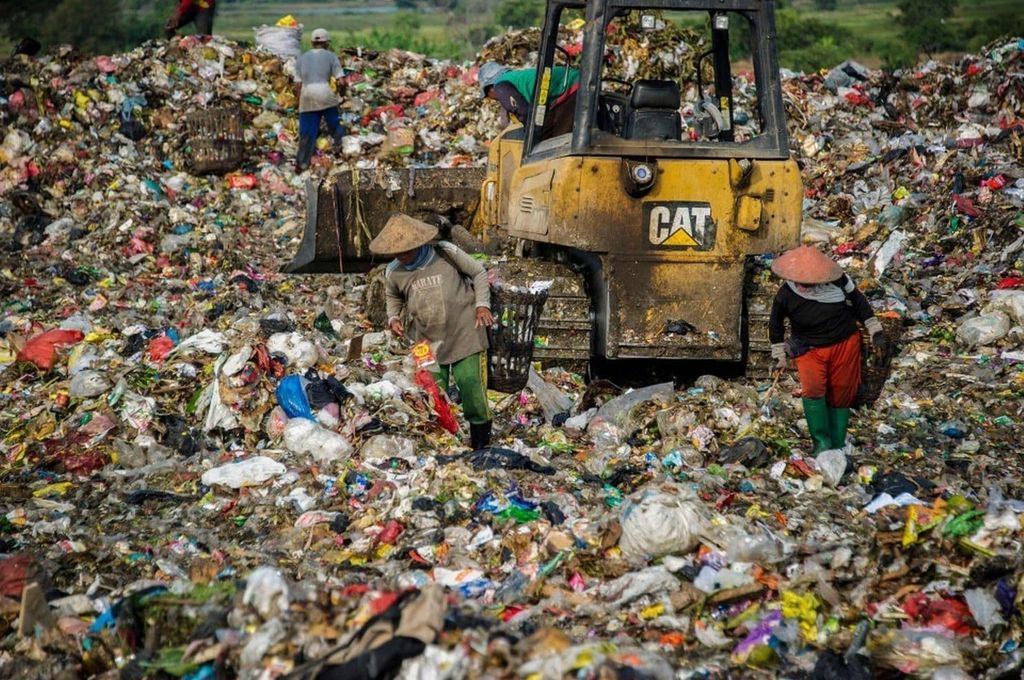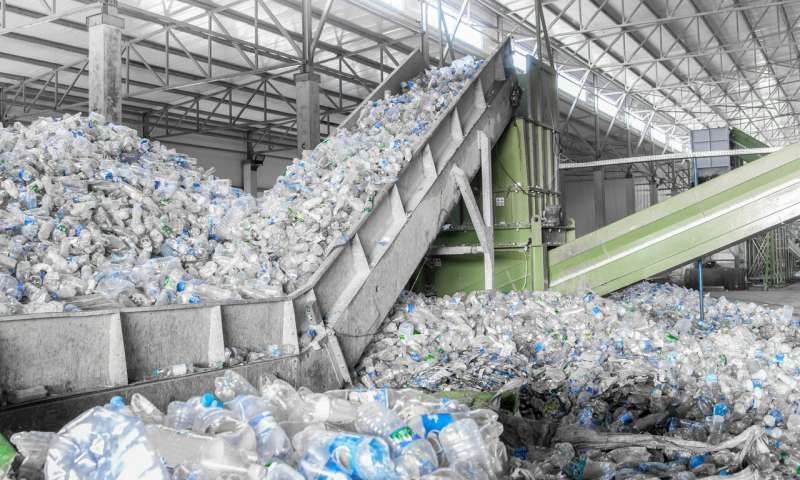P.D.K - Our Solution For The Plastic Crisis
Jun 09, 2019 • 105 views
The world produces more than 300 million tons of plastic every year. Almost every piece of plastic ever made is still on the planet in some form or another. Majority of the plastic is something we will just use once and then throw away. Plastic production is set to rapidly increase in the coming years due to the rise in population. The only problem with that is, only a fraction of the plastic produced is actually recycled. The rest ends up in landfills slowly but steadily hurting our environment.

To make things worse, recycling plastic isn’t as easy as it sounds. There are various types of plastics and every plastic needs a different method of recycling. On top of that, additives such as dyes and ingredients are added to the plastic to make it more durable or heat resistant which makes it even harder to recycle.
But luckily, new innovations are leading to plastics that could be infinitely recycled. The Lawrence Berkeley National Lab team has created a brand new kind of plastic that can be recycled endlessly. This plastic is called Poly(diketoenamine) or PDK for short. Comparing to conventional plastics, in PDKs, we completely replace the static covalent bonds that make up the polymer backbone with dynamic covalent bonds that allow you to do a number of new operations.

In PDK, the links between the atoms in the polymer chain are reversible which makes it ideal for recycling. Recycling them is fairly easy. All that needs to be done is immerse them into an acid bath and separate them their additives, and they are ready to use the plastic again. The acid which is used here is also very common. Infact, any acid with less than pH 1 would work. The most ideal plastic in the operation would be sulphuric acid because it is a by-product of petroleum refining, so it’s very inexpensive.
The hope is that PDK could pave the way for plastic products that are infinitely recyclable in the same way glass and metal are. Although this concept is still in its early stages, it has made progress and considering how much it could benefit the environment, there a good chance in the near future, PDK plastics will be all around you.
